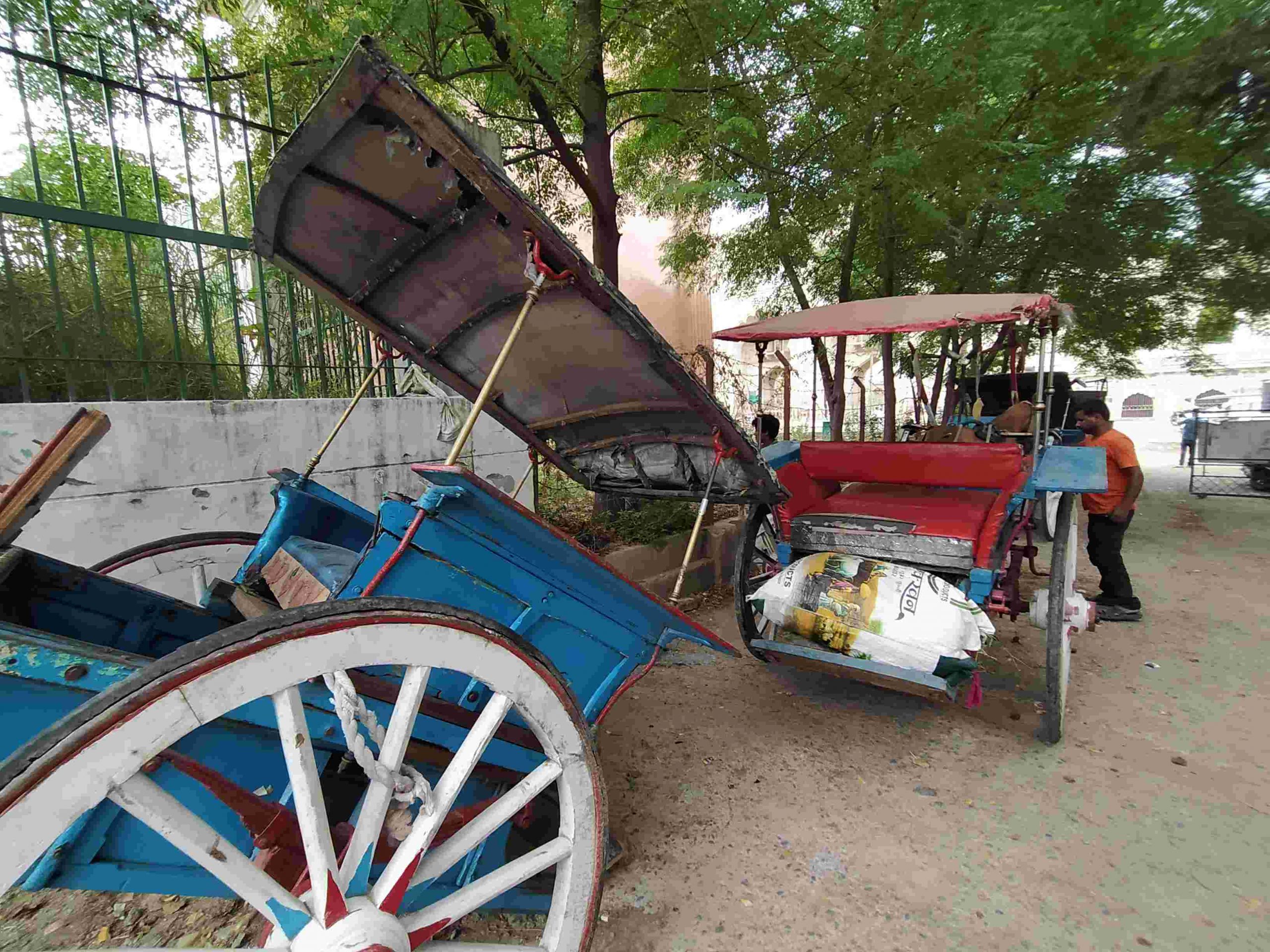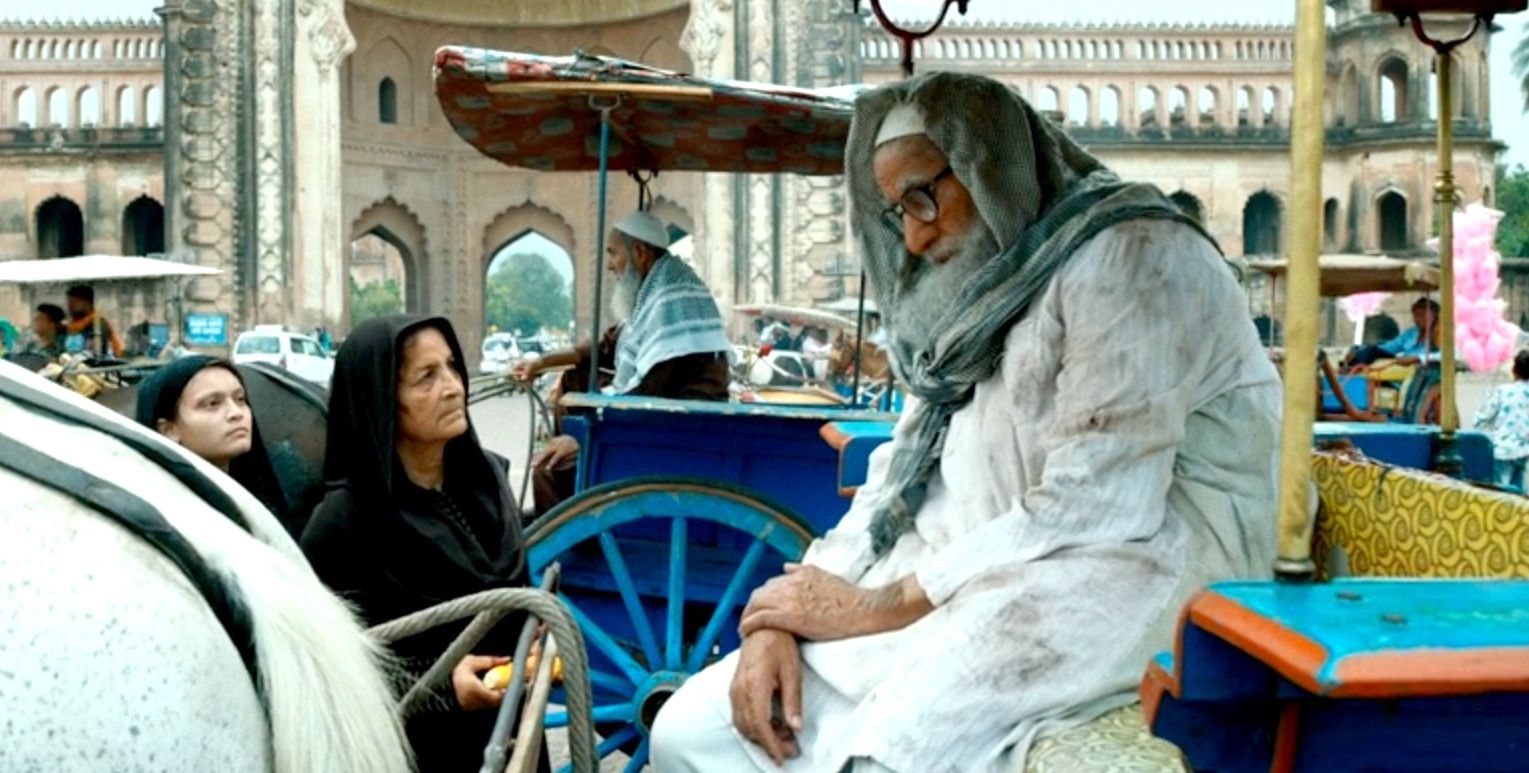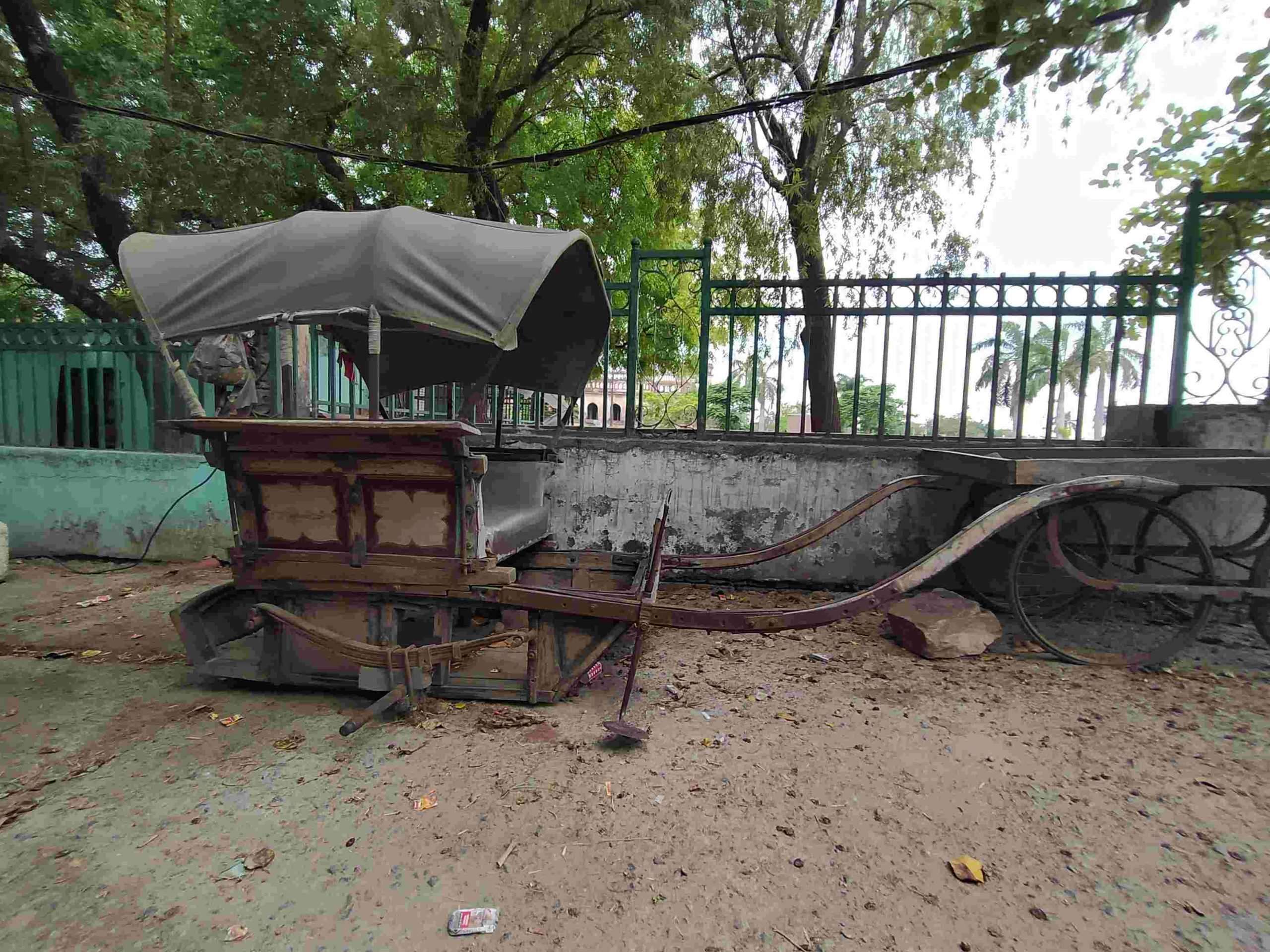The tangawalas in old Lucknow were already in distress, and then the lockdown happened
For the last three months, many tongas were seen parked in the streets in Lucknow. Their owners were dependent on tourists for a living. Now, they don't have cash to buy fodder for their horses

Lucknow (Uttar Pradesh)
Many tongas (horse carts) use to ply on the streets of Lucknow before the lockdown. But, in the past three months, these tongas have come to a complete halt, and the lives of people dependent on these tongas for a living have stagnated. Now they face a dual problem – how to feed themselves and how to feed their horses.
Mahrun’s husband also used to run a tonga, but their horse died of illness during the lockdown. Something needed to be done to run the household. So, Mahrun has started a small shop. “The horse died during the lockdown. We could not even take it to a hospital. My husband used to run a tonga, but then we had to do something to run the house, so we borrowed money and started the shop,” said Mahrun. Some goods were kept on a cot in front of her house – her shop. The tonga, of no use now, was parked close by.
She added: “Previously, we could earn Rs 300-400 a day through tonga rides. It took care of our household expenses as well as the horse’s feed. Now, after sitting at this shop all day long, I only earn up to Rs 50.”

The main attraction of tourists coming from all over the country and abroad in Uttar Pradesh’s capital Lucknow are places like the Bara Imambara, Chhota Imambara, Ghantaghar and the Picture Gallery. At these tourist destinations, people, especially foreigners, usually don’t give tongas a miss. Twenty-two tongas have been running here for many years. But, this time, they are facing an unprecedented situation.
In the recently released film Gulabo-Sitabo film, towards the end of the film, there is a scene in which Amitabh Bachchan is seen sitting in a tonga, and in the adjacent toga, tongawallah Jumman Khan is seen. The condition of Jumman, and many others like him, who were already in distress, has further deteriorated due to the lockdown.

Jumman, who had been plying on the streets of old Lucknow for more than fifty years, has not taken out his tonga for the last three months. “Eating half the stomach myself, I am barely able to feed the horse well for the last three months. Due to the presence of tempos and e-rickshaws, our work was as it is confined only to tourists, and now it has become difficult even to cover our own expenses because of coronavirus and the lack of customers,” he said.
There was a time when tongas used to run in a large number in the old part of Lucknow. These tongawalas started facing challenges after e-rickshaws and autos started plying. Nevertheless, they still managed to make a living through the tourists coming to Lucknow. But, for the last three months, no tonga has moved. How would the tongawallas and their horses survive?

“I chop off the grass from around and feed the horse”
Jumman Mian, who has been facing troubles for the past three months, happily pointed out that he has a small role in the Amitabh Bachchan-starrer Gulbo Sitabo. In one scene of the said movie, he is shown sitting in his tonga and Amitabh in his.
“In this work, even a petty amount of money matters. I simply love my profession and my horse,” said Muhammad Vasi. While his business has gone kaput due to the lockdown, the mere mention of his horses brought joy to his face and he eagerly shared their names — Maya and Kajal. At present, tongas can be spotted in the street lying idle.
Mohammad Shakeel, when asked about the health of the horses, said with resentment: “If it goes on like this, I will have to abandon it so it may graze on its own. At this time, rich diet or poor — I am somehow managing to feed it, but it will be very difficult in the near future. Twenty-two people ply tongas here, but have received no help from the government so far. This is a royal ride and the government should also think about it.”

